Rejecting pact with Iran will lead to war Barack Obama
Thu 06 Aug 2015, 10:44:01
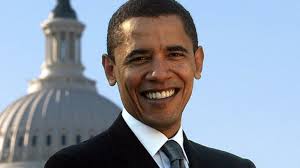
Washington: President Barack Obama warned Congress that rejecting the nuclear agreement with Iran would be the worst mistake since the invasion of Iraq and would lead to “another war” in the Middle East.
Obama, at American University in Washington, on Wednesday delivered his most detailed and extensive speech to date on the nuclear pact reached with Tehran in July, two days before going on vacation and as part of his campaign to try and convince lawmakers to support the accord when it comes up for a vote in mid-September.
The selection of American University as the site for the speech was not coincidental, given that Obama in his speech clearly intended to evoke the memory of former president John F. Kennedy’s speech at the same location in June 1963, when he had called for the “pursuit of peace” in the midst of the Cold War, when the prospect of a nuclear war was “very real”.
In his address, Obama praised the art of diplomacy over war and the policy of enemy rapprochement, which he is also pursuing with Cuba.
“Because more sanctions won’t produce the results that the critics want,” Obama said, “congressional rejection of this deal leaves any US administration only one option: another war in the Middle East. I say this not to be provocative. I’m stating a fact.”
The choice facing the US is between diplomacy and some kind of war, perhaps not tomorrow, “but soon”, the president added.
Obama also said that the debate on the pact that Congress has scheduled is the most important such discussion on a foreign policy
question since that involving the authorisation to go to war in Iraq in 2002. He told his audience of more than 200 that the pact with Iran is the most solid non—proliferation agreement ever negotiated.
question since that involving the authorisation to go to war in Iraq in 2002. He told his audience of more than 200 that the pact with Iran is the most solid non—proliferation agreement ever negotiated.
He also insisted that the agreement, reached last month in Vienna between Iran and the P5+1 group comprised of the US, Russia, China, France and Britain, plus Germany, is based on verification, not on trust, and that it guarantees that Tehran will not have short—term access to the materials needed to build a nuclear bomb.
Obama said that if Congress kills the pact, the US will lose its credibility as a leader in diplomacy.
Lawmakers would only be able to prevent the US from participating in the pact if a two—thirds majority in both houses of Congress vote to do so, thus invalidating the veto that Obama has promised to impose on any bill overturning the accord.
Obama has involved himself in lobbying for the pact in a very personal way, devoting much time and effort to his campaign to try and sell the benefits of the accord to skeptical lawmakers and meeting to date with about 80 of them.
On Wednesday, the president said that he is ready to talk about increasing defence aid to Israel, whose government vehemently opposes the accord with Iran.
The agreement sets forth that Tehran will limit its nuclear programme so that it will be unable to build nuclear weapons for at least the next 10 years in exchange for the international community’s lifting of sanctions that are severely burdening the Iranian economy.
No Comments For This Post, Be first to write a Comment.
Most viewed from Specials
Most viewed from World
AIMIM News
Latest Urdu News
Most Viewed
May 26, 2020
Which Cricket team will win the IPL 2025 trophy?
Latest Videos View All
Like Us
Home
About Us
Advertise With Us
All Polls
Epaper Archives
Privacy Policy
Contact Us
Download Etemaad App
© 2025 Etemaad Daily News, All Rights Reserved.

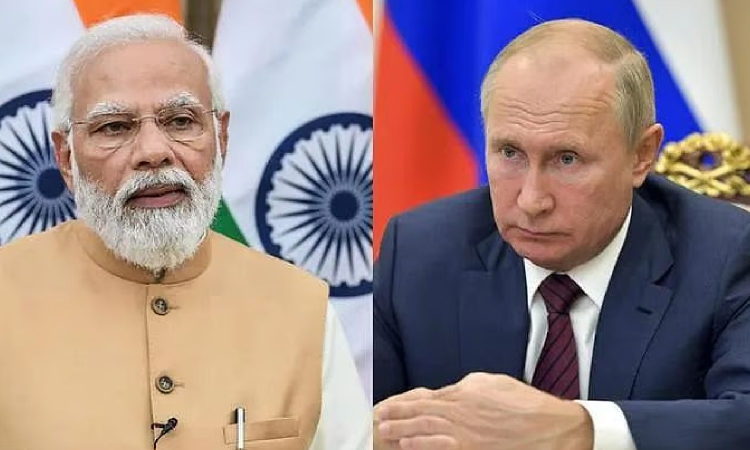
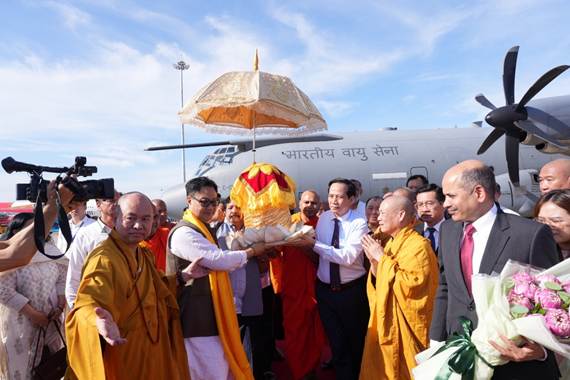

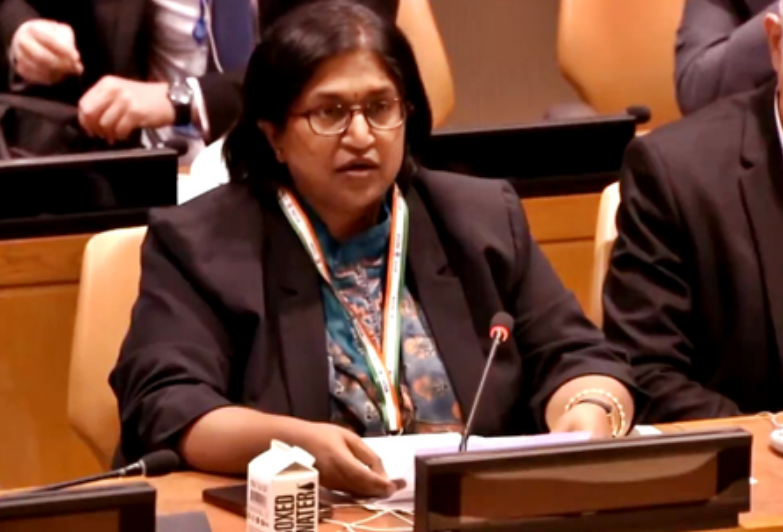
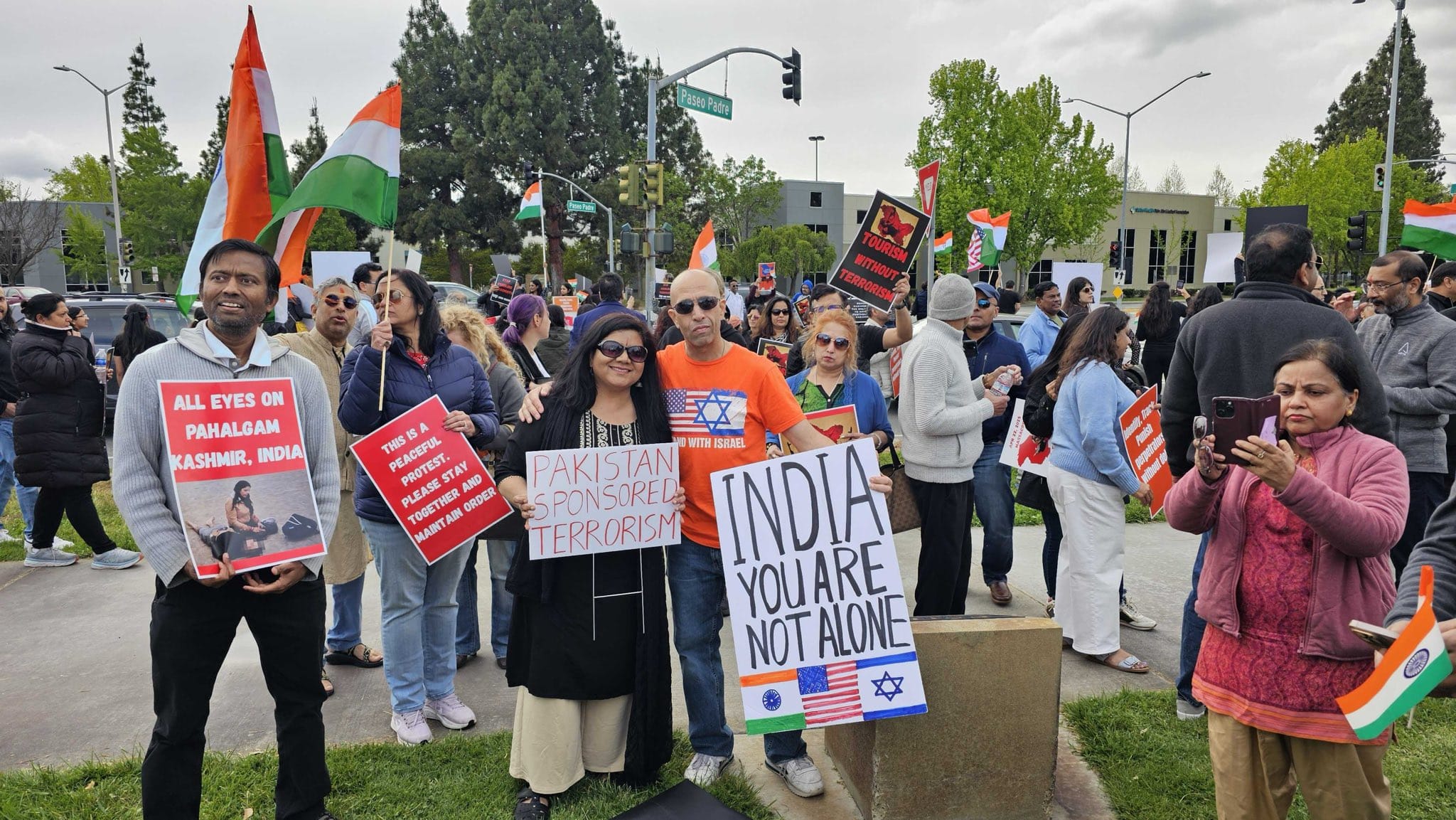
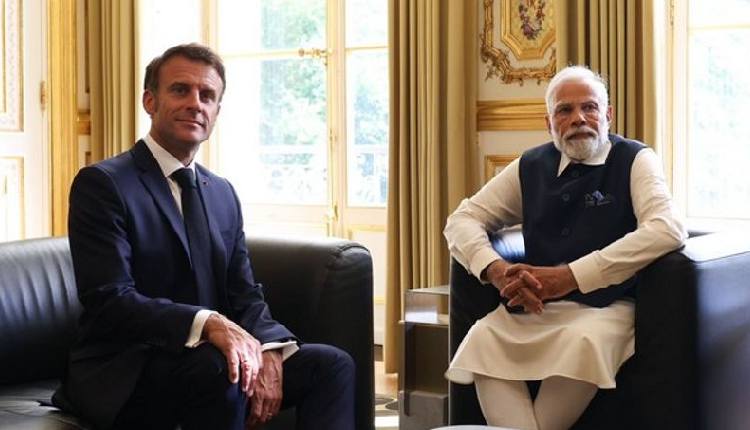
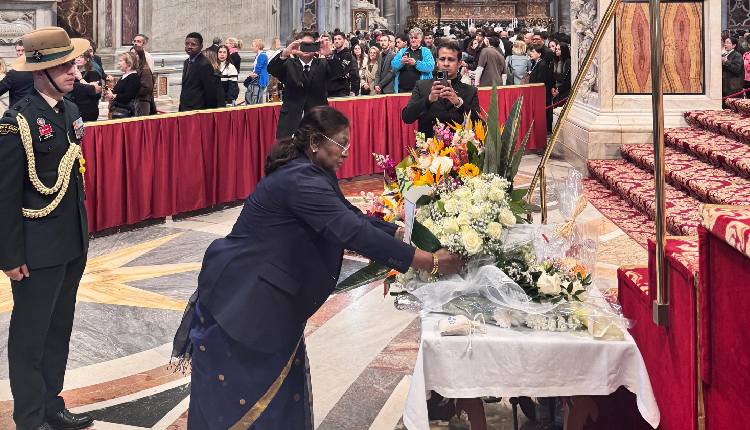
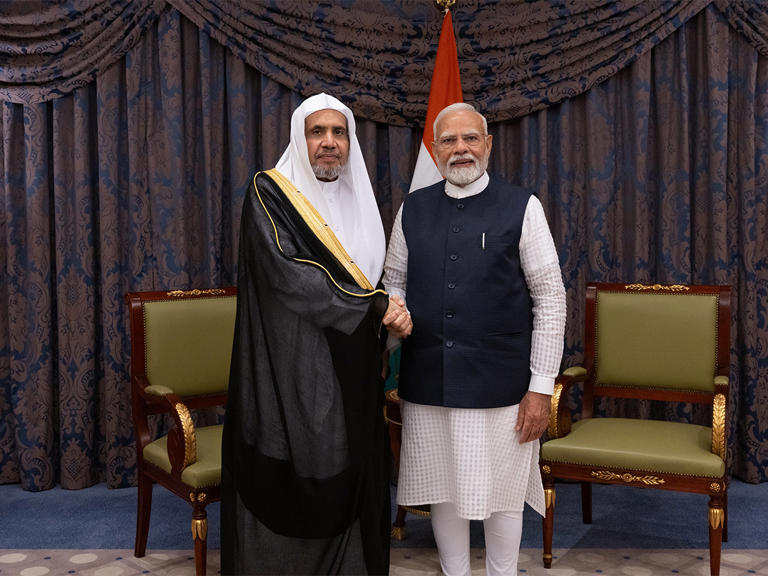






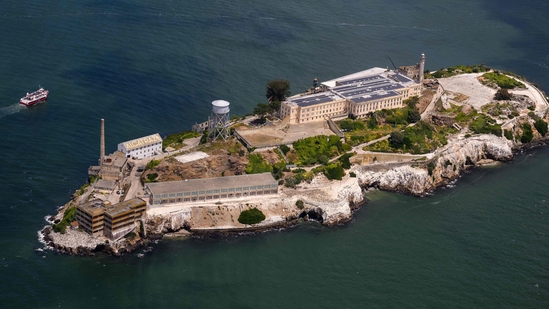
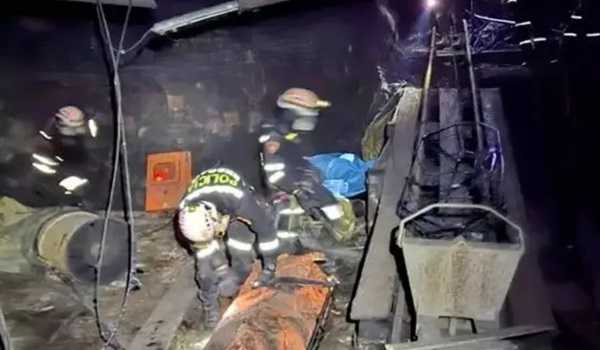


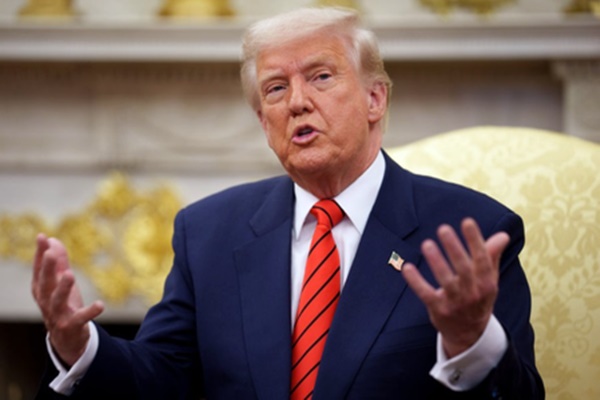
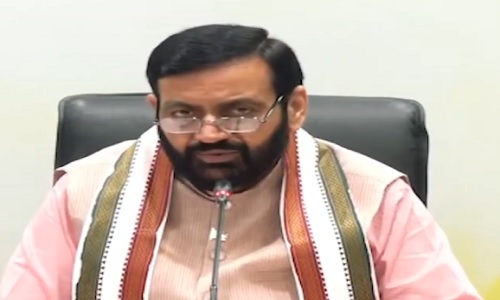


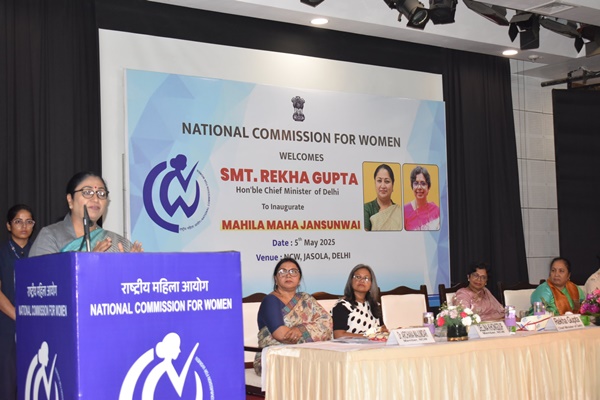
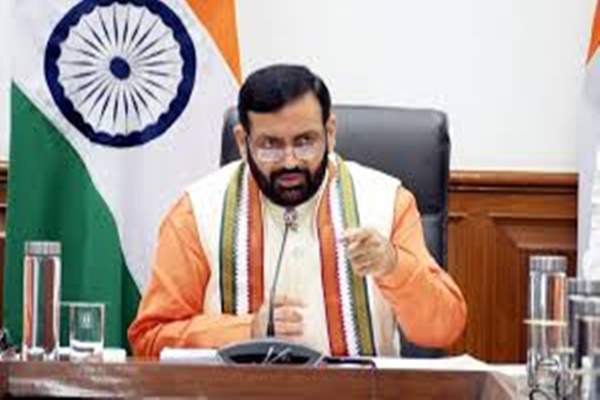

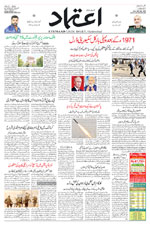


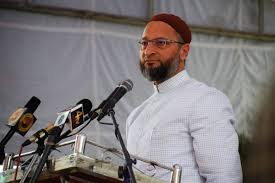







.jpg)




